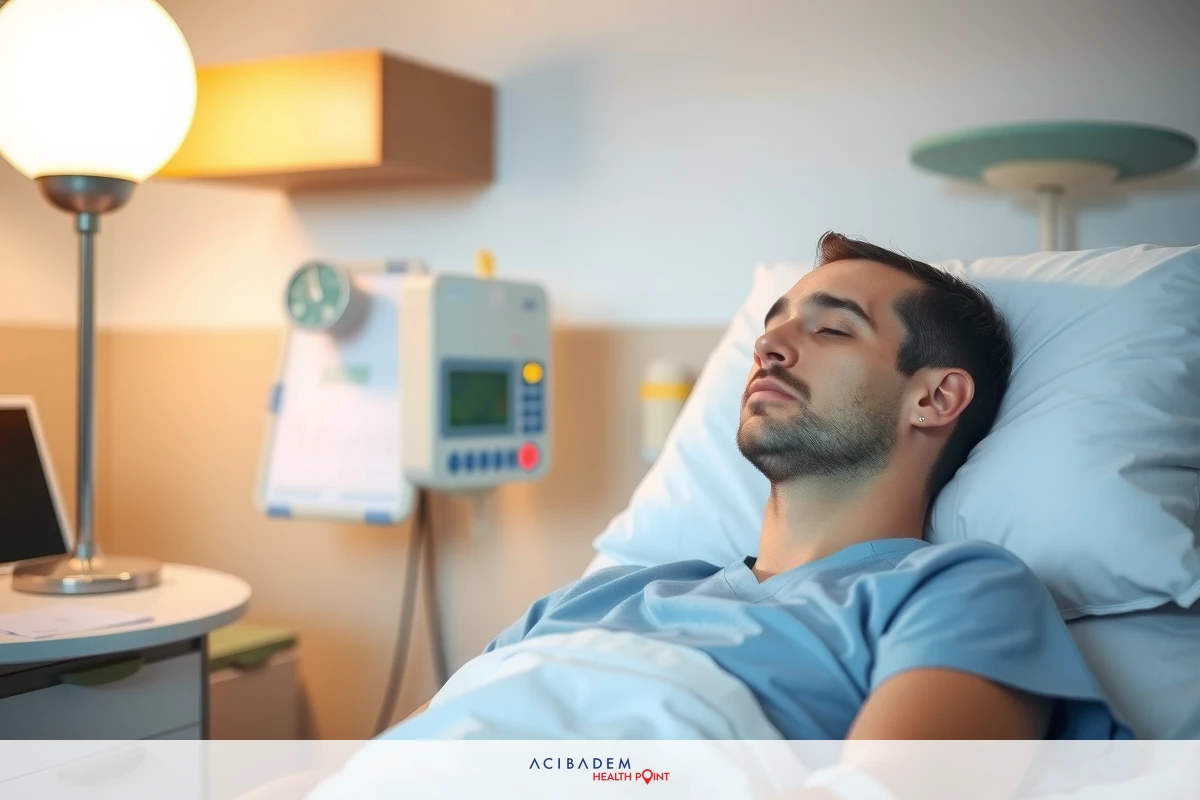How Long After Rhinoplasty Can You Breathe Normally
How Long After Rhinoplasty Can You Breathe Normally Imagine the journey following rhinoplasty, a medical operation that alters the shape of your nose. As you navigate through this path, one question may linger in your mind: “When will I breathe normally again?” This concern is valid and common among many who undergo this type of surgery.
During the recovery phase after rhinoplasty, breathing might not come as easily or naturally due to nasal congestion caused by swelling inside the nose. The timeline for normal respiration varies from person to person based on individual healing processes and other factors such as general health condition or adherence to post-operative care instructions. Yet understanding these intricacies provides comfort enabling patients to better manage expectations during their recovery period.
Recovery Process
Rhinoplasty, often referred to as a “nose job,” is a surgical procedure that can dramatically alter your appearance. But the physical changes are only part of the story. The recovery process following rhinoplasty offers its unique narrative filled with subtleties and nuances. Postoperative healing becomes an integral journey where patience and care play pivotal roles.
Following surgery, nasal breathing may not be normal due to swelling or congestion in the nasal passages. It’s a temporary condition but can cause concern for patients eager to return to their regular routines. Understanding this phase of recovery can help alleviate any undue stress while promoting optimal healing conditions within the body.
The timeline for when you begin breathing normally post-rhinoplasty varies among individuals, influenced by factors such as personal health status and adherence to recommended aftercare procedures. While some might experience significant improvement in just a couple of weeks, others might have to wait several months before they notice marked changes in their ability to breathe normally through their nose again.
Every patient’s recovery track from rhinoplasty is different – it’s important not only physically but emotionally too. Knowing what lies ahead gives you control over your own healing process, helping ensure successful outcomes from your procedure.
Breathing Difficulties
In the realm of rhinoplasty, understanding potential breathing difficulties post-surgery becomes essential. As patients embark on their recovery voyage, they often encounter nasal congestion or unusual discomfort when attempting to breathe through their nose. This is not an anomaly but rather a customary part of the healing process.
The root cause for such difficulty lies in the swelling and inflammation that occur after surgery inside your nose. It’s like nature’s response to any surgical intervention which can be both protective and restorative. However, it poses a temporary challenge as this swelling obstructs normal airflow through your nasal passages leading to breathing difficulties.
While these conditions may initially seem alarming, remember that they are transient phases along your journey towards full recovery post-rhinoplasty. Over time and with proper care, the inflammatory responses subside gradually restoring normal respiratory function.
How long before you regain normal breathing? The answer to this question varies among individuals due largely to differences in personal healing capacities and adherence to recommended aftercare procedures. Some might

notice improvements within weeks while others might require several months before experiencing significant changes in their ability to breathe normally again.
As you traverse this path of recovery from rhinoplasty surgery, knowledge about potential breathing challenges serves as a guiding light enabling effective management of expectations during your healing phase.
When to Expect Normal Breathing
Navigating the recovery journey following rhinoplasty often involves a critical question: “When can I expect to breathe normally again?” Let us shed light on this aspect of your post-operative experience. The timeline for normal respiration in the aftermath of such surgery is not set in stone but rather, it’s a fluid continuum influenced by various
factors.
In most cases, patients begin noticing improvements to their breathing within two weeks after surgery. However, complete normalization of nasal breathing could take anywhere from three months up to a year or more depending upon individual healing capacities and unique physiological responses towards surgical intervention.
The first few days following rhinoplasty are characterized by noticeable congestion due to swelling inside your nose – an expected response as your body initiates its natural
healing processes. Over time, usually within the first couple of weeks, this congestion reduces allowing improved air passage through your nasal cavities thereby enhancing ease of breathing.
However, achieving optimal respiratory function might require several months given that full resolution of internal swelling takes time. Further variations arise from differences among individuals regarding how they heal and adhere to recommended post-surgery care procedures.
While traversing through this complex path towards normal respiration following rhinoplasty may seem daunting initially; remaining patient and committed while understanding these intricacies paves way for smoother transition through your
recovery phase back into routine life with renewed confidence about experiencing normal breathing once again.
How Long After Rhinoplasty Can You Breathe Normally:Frequently Asked Questions
What causes nasal congestion after rhinoplasty surgery?
Post-operative swelling is the primary cause of nasal congestion following rhinoplasty. As your body initiates healing, inflammation occurs within your nose temporarily obstructing airflow and causing difficulty in breathing.
How long does this post-rhinoplasty nasal congestion typically last?
While each patient's experience varies, most notice an improvement in their breathing within two weeks following surgery. However, full resolution of internal swelling leading to optimal respiratory function could take several months or even up to a year.
Are there ways to alleviate my breathing difficulties during recovery from rhinoplasty?
Yes indeed! Following your surgeon's advice on post-surgery care including medication regimen, restorative practices like gentle walking and maintaining hydration can facilitate smoother transition through the recovery phase thereby helping improve your comfort level while breathing.
Is it normal for my ability to breathe normally again vary compared with others who have had similar procedures?
Absolutely! Each persons recovery timeline differs based on individual healing capacities and adherence towards recommended aftercare procedures. Hence variations are quite natural regarding when you might be able to breathe normally again following a rhinoplasty procedure.











